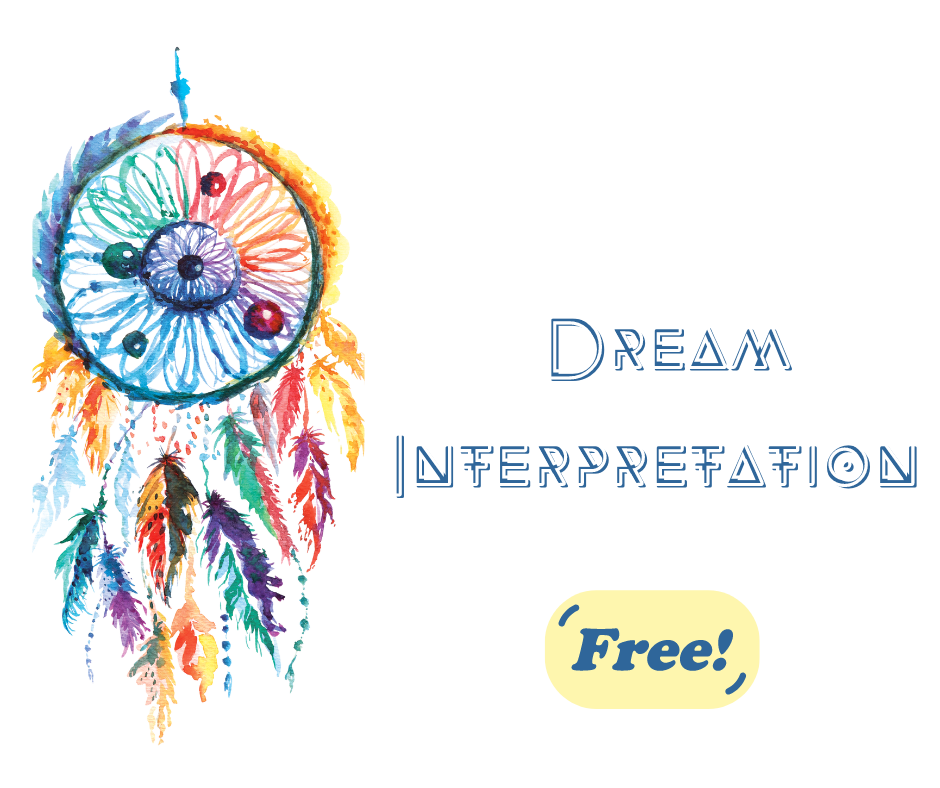There are quite a few herbs used by Traditional Chinese Medicine practitioners in order to treat sleeplessness (insomnia). Below are some examples along with their indications (specific conditions for which the herb is used) and contraindications (conditions in which the herb should not be used).
If you’re interested in purchasing a personalized remedy for any sleep or dream-related problem, get in touch. I also provide free consultations.
The below herbs are powerful medicines. Do not take them without consulting with your physician first, especially if you suffer from any disease or are taking medications. Note that herbs which are sedatives should not be taken while driving, etc. or together with other sedatives.
Learn about herbs used in traditional Chinese medicine for dream problems and non-herbs used for various sleep problems.
Bai He (Bulbus Lilii)
Botanical names:
- Lilium brownii
- Lilium lancifolium
- Lilium pumilum
English name: Lily.
Parts used: Bulb.
Indications: Difficulty falling asleep and staying asleep. Lily is especially beneficial when there is as an underlying chronic respiratory disorder, involving dry cough, and can also help with night sweats. It may also be helpful in cases of chronic stomach pain.
Contraindications: Diarrhea; wet cough.
Bai Jiang Cao (Herba cum Radice Patriniae)
Botanical names:
- Patrinia scabiosifolia
- Patrinia villosa
English name: Patrinia.
Parts used: Herbage.
Indications: As an essential oil, it is a powerful sedative and hypnotic herb (said to be twice as strong as Valerian) and is useful in some cases of chest/abdominal pain as well during viral infections such as influenza and the common cold (it’s antibiotic).
Contraindications: Abdominal pain due to cold/deficiency.
Bai Shao (Radix Paeoniae Alba)
Botanical name: Paeonia lactiflora.
English name: Chinese peony.
Parts used: Root.
Indications: A mild sedative, this herb is especially helpful when sleep is disturbed by night sweating, gynecological disorders such as dysmenorrhea (menstrual cramps), restless fetus, lower back pain, or muscle spasms.
Hou Po (Cortex Magnoliae Officinalis)
Botanical name: Magnolia officinalis.
English name: Magnolia bark.
Parts used: Cortex.
Indications: As a CNS suppressant that may affect GABA receptors, this herb is helpful when sleep is disturbed due to abdominal fullness or bloating as well as due to cough and wheezing.
Contraindications: Avoid if taking anticoagulent or antiplatelet medications.
Jiao Gu Lan (Rhizoma seu Herba Gynostemmatis)
Botanical name: Gynostemma pentaphyllum.
Parts used: Rhizome.
Indications: A sedative, hypnotic, and analgesic herb, Jiao Gu Lan may be able to reverse the effects of mescaline. It may be helpful for people who can’t sleep due to conditions, such as asthma, headache, migraines, and pain.
Contraindications: Do not combine with other sedatives.
Long Dan Cao (Radix Gentianae)
Botanical names:
- Gentiana scabra
- Gentiana triflora
- Gentiana manshurica
- Gentiana rigescens
English name: Gentiana.
Parts used: Root.
Indications: Gentiana is a CNS stimulant at small dosages and a sedative/tranquilizer at higher dosages. It’s recommended for people who suffer from insomnia especially when it is accompanied by high fever, severe tinnitus, ear pain, or headache. It can also help with nightmares.
Mai Men Dong (Radix Ophiopogonis)
Botanical name: Ophiopogon japonicus.
English name: Dwarf lilyturf.
Parts used: Root.
Indications: This herb is useful when insomnia is accompanied by irritability, restlessness, or fever. It may be especially beneficial for elderly people who suffer from dizziness, tinnitus, back pain, or palpitations.
Qin Jiao (Radix Gentianae Macrophyllae)
Botanical names:
- Gentiana macrophylla
- Gentiana straminea
- Gentiana crassicaulis
- Gentiana dahurica
English name: Large leaf gentian.
Parts used: Root.
Indications: This herb is a sedative, but in high dosages it may be excitatory.
Suan Zao Ren (Semen Zizyphi Spinosae)
Botanical name: Ziziphus jujuba.
English name: Jujube.
Parts used: Seeds.
Indications: Jujube seeds have sedating and hypnotic effects, at least in animals. They are used in Chinese medicine to treat insomnia which is accompanied by palpitations, excessive dreaming, shallow sleep, irritability, dizziness, tinnitus and vertigo, and night sweating.
Contraindications: Not for use during pregnancy.
Tian Ma (Rhizoma Gastrodiae)
Botanical name: Gastrodia elata.
English name: Gastrodia.
Parts used: Rhizome.
Indications: Tian Ma is a sedative. It also has anti-seizure effects and can help with nerve pain. It is used when sleep is disturbed due to spasms, epilepsy, headache, migraines, and other painful conditions.
Tian Nan Xing (Rhizoma Arisaematis)
Botanical names:
- Arisaema consanguineum
- Arisaema heterophyllum
- Arisaema amurense
English name: Jack-in-the-pulpit.
Parts used: Rhizome.
Indications: This herb exhibits sedating, anti-seizure, and anti-convulsant actions. It is used when the sleeping problem is related to seizures, epilepsy, dizziness, or muscle and joint pain.
Contraindications: Toxic. Do not use during pregnancy.
Wu Jia Pi (Cortex Acanthopanacis)
Botanical names:
- Eleutherococcus gracilistylus
- Eleutherococcus sessiliflorus
- Eleutherococcus henryi
- Eleutherococcus giraldii
- Eleutherococcus leucorrhizus
- Eleutherococcus setchuenensis
English name: Eleuthero / Siberian ginseng.
Parts used: Cortex.
Indications: Eleuthero is a mild sedative, but its main benefit is as an adaptogen. It also possesses anti-inflammatory and analgesic effects. Wu Jia Pi is thus helpful when sleep is disturbed due to stress, pain, or muscle aches.
Xie Cao (Radix et Rhizoma Valerianae)
Botanical names:
- Valeriana officinalis
- Valeriana fauriei
English name: Valerian.
Parts used: Root.
Indications: Valerian is used both in Chinese medicine and Western herbal medicine as a treatment for insomnia. In addition to its strong sedative effects, it’s also an analgesic and an antispasmodic herb. It is thus beneficial when sleep is disturbed due to muscle spasms, stomach cramps, dysmenorrhea and PMS, as well as muscle aches and pain. It is also recommended when insomnia is accompanied by emotional stress or excessive worrying.
Zhi Zi (Fructus Gardeniae)
Botanical name: Gardenia jasminoides.
English name: Cape jasmine.
Parts used: Fruit.
Indications: As an analgesic, this herb can help topically with various aches and pains. It is also a CNS suppressant and a sedative and analgesic. Use when insomnia is accompanied by irritability, fever, or depression.
Contraindications: Do not use if loose stools are present or while dieting.
Huang Lian (Rhizoma Coptidis)
Botanical names:
- Coptis chinensis
- Coptis deltoidea
- Coptis teeta
- Coptis omeiensis
English name: Goldthread.
Parts used: Rhizome.
Indications: Coptis is used for insomnia when it is accompanied with irritability, mania, or tinnitus. It may also be helpful for nightmares.


